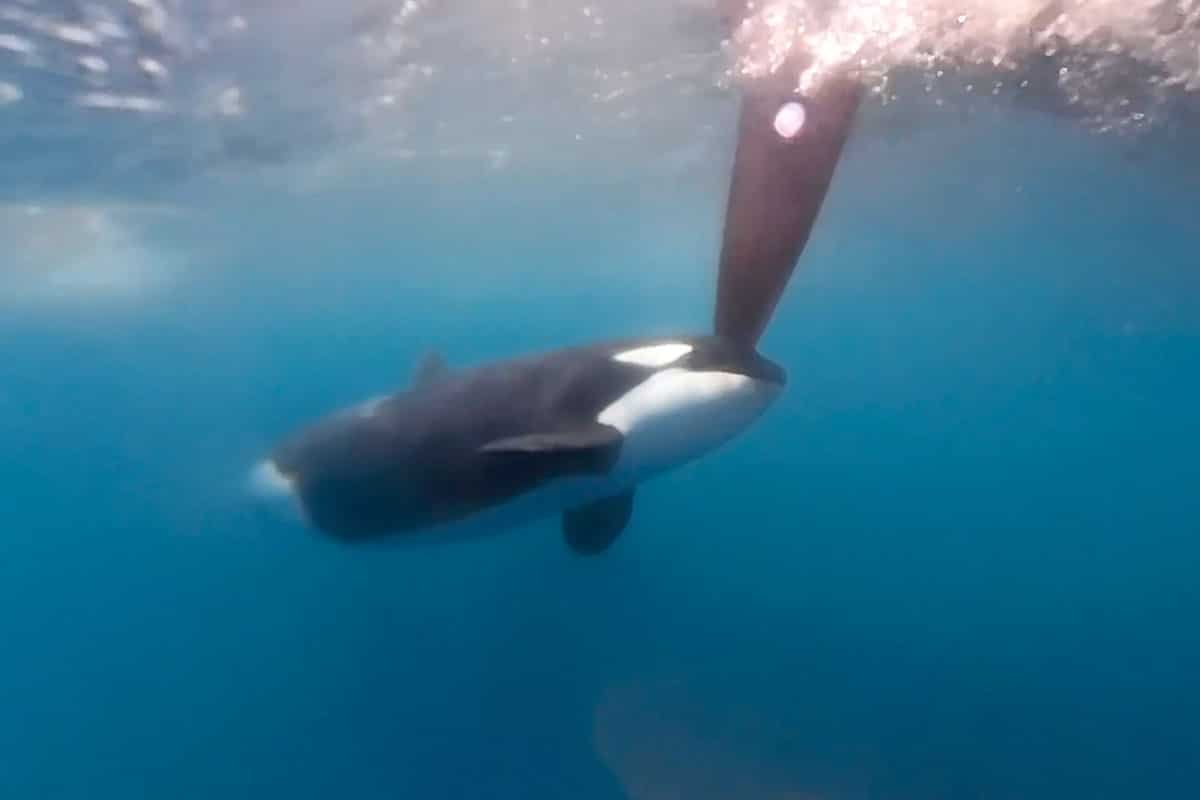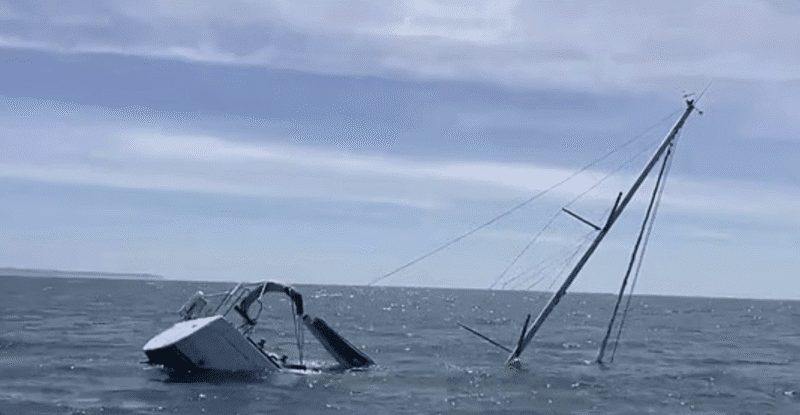In recent years, marine biologists and boat enthusiasts have been intrigued by a peculiar phenomenon in European waters involving orcas, also known as killer whales, displaying aggressive behavior towards boats. This unexpected trend has left scientists puzzled as they search for answers to understand the motivations behind these actions. Contrary to initial speculations of territorial aggression or anti-capitalist sentiments, researchers have found that these intelligent creatures are simply indulging in a form of play. A combination of free time, curiosity, and natural playfulness has led young orcas to adopt the behavior of ramming boats, with the behavior primarily exhibited by juvenile and teenage male orcas.
Environmental factors such as a dramatic recovery in the bluefin tuna population, reduced foraging time for orcas, and climate change altering tuna migration patterns have contributed to the emergence of this behavior. The increase in bluefin tuna numbers has been particularly beneficial for a group of critically endangered Iberian killer whales, allowing them more free time for activities like engaging with boats. Climate change has also played a role in altering the availability of tuna in certain regions, creating an environment where orcas no longer need to pursue every fish encountered, thus allowing them to explore other behaviors.
To better understand these interactions, scientists have analyzed data collected from individual orcas and through direct observation. Findings reveal that the boat interactions typically involve a small group of animals, usually two or three at a time, from a core group of 15 observed engaging with vessels. Orcas are social animals known for their ability to learn from one another, with younger orcas likely copying the behavior of older siblings. While the behavior may seem harmless from the orcas’ perspective, it has significant implications for boaters and maritime authorities, with warnings issued to boat owners to stay close to shore and avoid high-risk zones. Ongoing research and collaboration between marine biologists, government agencies, and the boating community will be crucial in developing strategies to mitigate risks and ensure the safety of both humans and orcas in shared marine environments.







